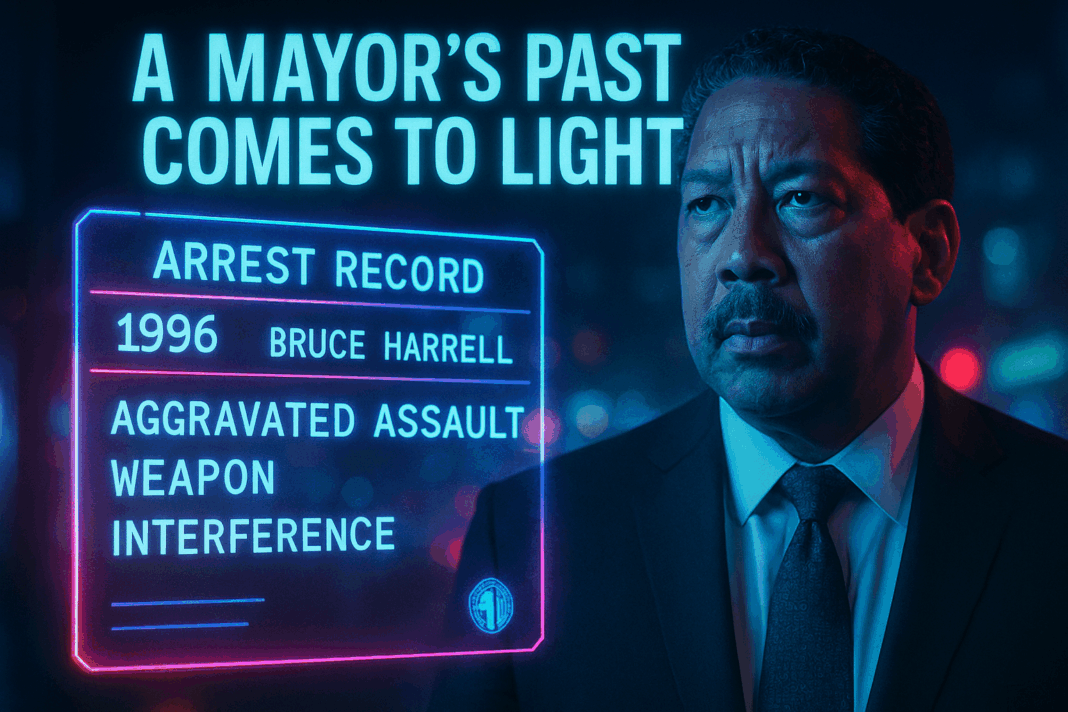The Executive Order That Sparked a Legal Showdown
National Public Radio (NPR) isn’t backing down. President Trump’s executive order, ‘Ending Taxpayer Subsidization of Biased Media,’ has ignited a fierce legal battle. The order demands the cessation of federal funding to NPR and PBS, accusing them of spreading what the administration calls ‘radical, woke propaganda.’ NPR, however, sees this as a direct assault on their journalistic integrity and constitutional rights. The lawsuit filed by NPR in the US District Court for the District of Columbia argues that Trump’s move is not only unconstitutional but also a blatant violation of the First Amendment. The power of the purse, they argue, rests with Congress—not the President. This legal confrontation is more than just about funding; it’s a fight for the freedom of the press and the very essence of public broadcasting.
The Stakes: What NPR Stands to Lose
Losing federal funding isn’t just a minor inconvenience for NPR—it’s a potential catastrophe. With about 31% of its operating revenue coming from membership and licensing fees from local stations, and millions more from the Corporation for Public Broadcasting (CPB), the financial impact is significant. The lawsuit highlights that the funding cut could force NPR to shut down newsrooms and reduce its coverage of critical issues, both nationally and internationally. This isn’t just about NPR’s survival; it’s about maintaining a diverse media landscape where public radio serves communities with vital news and information. The potential loss of funding from the NEA and CPB underscores the urgency of NPR’s legal challenge. The stakes are high, and the outcome could reshape the future of public broadcasting in America.
Local Stations Join the Fight
NPR isn’t standing alone in this battle. Three Colorado-based stations have joined the lawsuit, underscoring the widespread impact of Trump’s executive order. These stations, like many others, rely on federal funds to acquire NPR’s programming. The order’s directive that public radio and television stations can’t use federal funds for NPR and PBS programming is a direct threat to their operations. The lawsuit argues that this not only violates the First Amendment but also contradicts the statutory requirement that stations use ‘restricted’ funds for national programming. The collaboration between NPR and local stations is crucial for delivering high-quality, diverse content to audiences across the nation. This legal action is about protecting their ability to make independent editorial choices and continue serving their communities effectively.
A Battle for the First Amendment
At its core, NPR’s lawsuit is a defense of the First Amendment. The executive order is seen as a form of retaliation against perceived biases in NPR’s programming. By attempting to control the content through financial pressure, the administration is challenging the foundational principles of free speech and press. NPR’s argument is clear: the government shouldn’t dictate what content is worthy of funding based on political preferences. This case is about more than just NPR—it’s about preserving the independence of all media outlets from governmental overreach. The outcome will set a precedent for how public broadcasting operates and how the government can—or cannot—influence it. As NPR and its allies fight back, they are not just protecting their own interests but also the broader principles of a free and independent press.
Key Facts Worth Knowing
- •The Corporation for Public Broadcasting (CPB) received $535 million in funding for fiscal years 2025-2027.
- •NPR relies on multiple revenue streams, including federal funding, which constitutes a significant portion of its budget.
- •The First Amendment protects freedom of speech and press, vital for independent journalism.
- •Executive orders can be challenged in court if they are deemed unconstitutional.
- •Public broadcasting provides essential information and diverse perspectives to millions of Americans.



